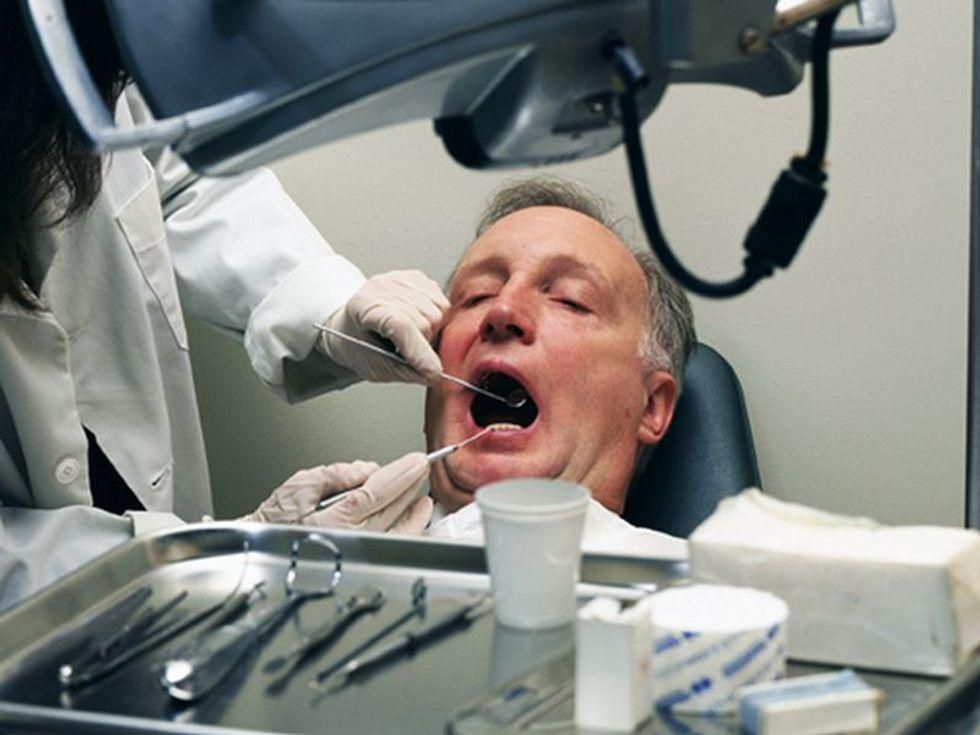
Do yon need to have your teeth cleaned or a cavity filled? Go ahead. Dental treatment won’t put you at risk for contracting COVID-19, a new study affirms. “Getting your teeth cleaned does not increase your risk for COVID-19 infection any more than drinking a glass of water from the dentist’s office does,” said lead… read on > read on >






























